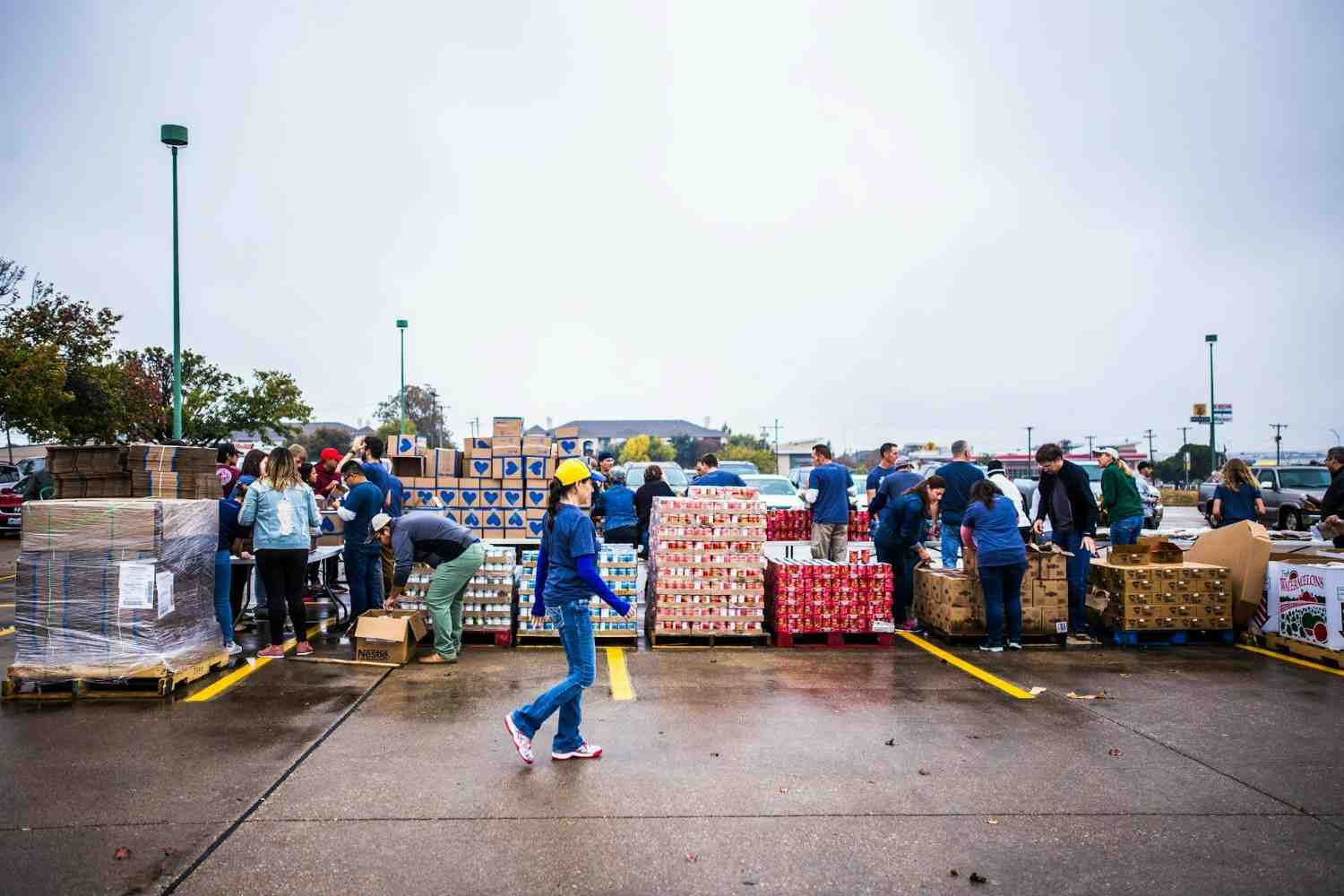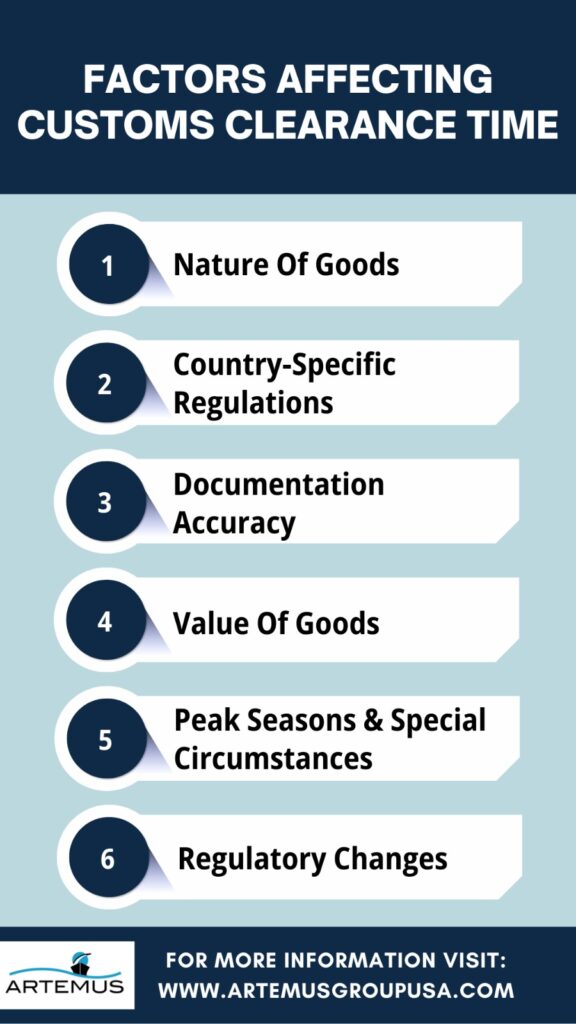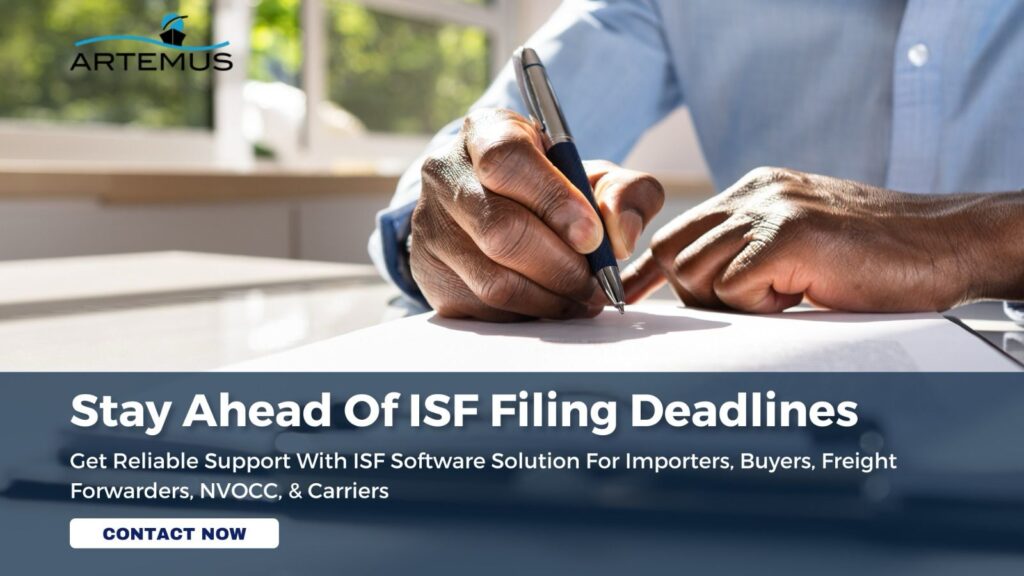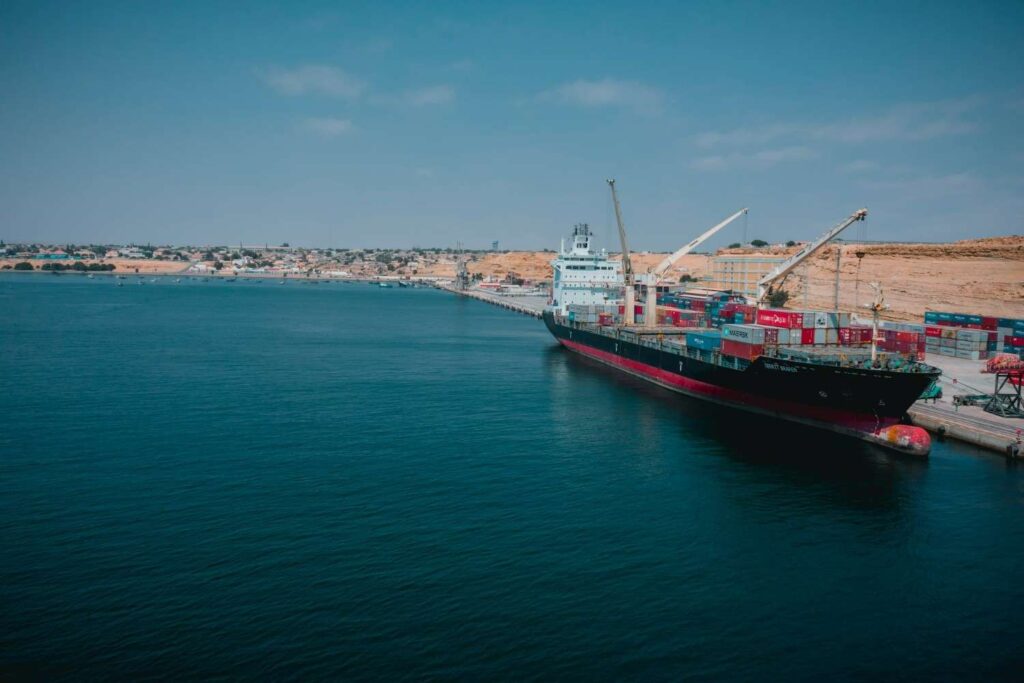
What Is Inbound Logistics & Outbound Logistics? A 2025 Guide
In the dynamic world of supply chain management, understanding the nuances of inbound and outbound logistics is crucial for operational

Embarking on international trade ventures is a gateway to global markets, but the journey involves traversing the intricate landscape of customs clearance. For businesses and individuals engaged in cross-border transactions, a pivotal question often lingers: How long does customs clearance take? This inquiry isn’t merely a matter of curiosity; it’s a strategic consideration influencing supply chain efficiency, cost management, and overall success in global trade.
In the pursuit of clarity, businesses seek insights into the factors shaping customs clearance timelines and strategies to expedite the process. Artemus Transportation Solutions emerges as a beacon in this realm, offering a cutting-edge ISF (Importer Security Filing) and AMS (Automated Manifest System) software solution. With an unwavering commitment to compliance and efficiency, Artemus empowers importers, customs brokers, and logistics professionals to navigate the complexities of customs clearance with confidence.
Table Of Contents
The duration of customs clearance in the United States can vary based on multiple factors. Generally, the process involves submitting the necessary documentation, which includes commercial invoices, packing lists, and bills of lading, to U.S. Customs and Border Protection (CBP). The time it takes for clearance depends on the complexity of the shipment, the accuracy and completeness of the submitted paperwork, and any specific regulations or restrictions applicable to the imported or exported goods.
Typically, straightforward shipments may undergo a quicker clearance process, while more intricate cases might take additional time for thorough inspection and assessment. Importers and exporters are often encouraged to work with experienced customs brokers who can navigate the regulatory landscape efficiently, potentially expediting the clearance process and ensuring compliance with U.S. customs regulations. Generally, shipments can clear customs within a few hours to a few days, but in some cases, especially for complex or high-value shipments, clearance may take longer, potentially up to several weeks.
It’s essential for businesses engaged in international trade to stay informed about any updates in customs procedures, as these can impact the overall duration of the clearance process in the United States.
Related: Shipment Has Been Given A Release Status By Customs
Customs clearance in India can vary in duration depending on several factors. Typically, the process involves verifying the contents of shipments, assessing duties and taxes, and ensuring compliance with import regulations. The time taken for customs clearance can range from a few days to several weeks, depending on factors such as the type of goods being imported, the accuracy and completeness of documentation provided, the volume of shipments being processed, and any additional inspections required.
Complex or high-value shipments may undergo more thorough scrutiny, leading to longer clearance times. Additionally, unforeseen circumstances such as customs backlogs or delays in documentation processing can also impact the clearance timeline. It’s essential for importers to factor in potential delays and plan accordingly when importing goods into India to avoid any disruptions to their supply chain.

Customs clearance time is influenced by various factors that can either expedite or prolong the process. Understanding these key elements is crucial for businesses engaged in international trade:
The type of goods being shipped plays a significant role in clearance time. Perishable or regulated items may undergo more thorough inspections, potentially elongating the overall process.
Different countries have distinct customs procedures and regulations. Familiarity with the specific requirements of each destination is essential to navigate the clearance process efficiently.
The accuracy and completeness of submitted documentation significantly impact clearance time. Only complete or accurate paperwork may lead to delays as customs authorities verify and rectify the information.
Higher-value shipments may undergo more stringent scrutiny during customs clearance. Authorities may conduct thorough assessments to ensure compliance with tax and duty regulations, potentially extending the processing time.
During peak shipping seasons or amid special circumstances such as geopolitical events or natural disasters, customs clearance times can be prolonged. Increased volumes and heightened security measures may contribute to delays.
Changes in customs regulations, either at the national or international level, can impact clearance processes. Staying updated on any modifications to trade laws ensures businesses can adapt and minimize disruptions in clearance times.
Related: Customs Compliance Software: Key Benefits & Top Suggestions
Navigating the customs clearance process in the United States involves a coordinated effort among various entities, each with a specific role in ensuring the efficient and compliant movement of goods across borders.
1. Importers & Exporters: Importers and exporters are the primary stakeholders, responsible for initiating and overseeing the shipment. They must provide accurate and complete documentation to comply with U.S. Customs and Border Protection (CBP) regulations.
2. Customs Brokers: Customs brokers play a pivotal role in facilitating smooth customs clearance. They act as intermediaries between importers/exporters and CBP, navigating the complexities of customs regulations, ensuring proper documentation, and expediting the clearance process.
3. Freight Forwarders: Freight forwarders handle the logistics of transporting goods, and coordinating the movement of shipments from origin to destination. They collaborate closely with customs brokers to seamlessly integrate customs clearance into the overall shipping process.
4. U.S. Customs and Border Protection (CBP): CBP is the federal agency responsible for enforcing customs laws and regulations. It reviews and verifies documentation, assesses duties and taxes, and ensures compliance with U.S. trade laws. CBP is a key player in the clearance process, overseeing the entry and exit of goods.
5. Transportation Companies: Shipping and logistics companies physically move goods across borders. Their role in complying with customs procedures, coordinating with customs brokers, and ensuring secure and timely transportation is critical for successful customs clearance.
6. Technology Providers: In the digital age, technology/software plays a significant role in customs clearance. Software and systems provided by technology companies assist in automating processes, managing documentation electronically, and enhancing communication between various stakeholders, contributing to increased efficiency.
Related: ISF Filing: A Compliance-Related Guide & Software Solution
Efficient customs clearance is paramount for businesses engaged in international trade, as delays can impact supply chains and incur additional costs. Here are five valuable tips to expedite the customs clearance process:
The foundation of swift customs clearance lies in accurate and complete documentation. Ensure all required paperwork, including commercial invoices, packing lists, and certificates of origin, is meticulously prepared and submitted. Any errors or omissions can lead to delays, making attention to detail crucial.
Collaborating with experienced customs brokers can significantly expedite the clearance process. These professionals possess in-depth knowledge of customs regulations, maintain relationships with customs authorities, and can navigate complex paperwork swiftly. Their expertise proves invaluable in streamlining the entire clearance procedure.
Embrace technology to enhance efficiency. Utilize customs clearance software and electronic systems to automate processes, manage documentation electronically, and facilitate communication between stakeholders. Technology can reduce the likelihood of manual errors and accelerate the overall clearance timeline.
Establish proactive communication channels with customs authorities. Stay updated on any particular requirements or regulatory changes. In the case of potential issues or discrepancies, prompt communication can lead to quicker resolutions, preventing unnecessary delays.
Investigate and take advantage of expedited customs programs, where applicable. For example, the U.S. Customs and Border Protection (CBP) offers programs such as the Customs-Trade Partnership Against Terrorism (C-TPAT) and the Automated Commercial Environment (ACE), which can expedite clearance for compliant and pre-approved businesses.
Related: What Is HTS Code (Harmonized Tariff Schedule)? A Quick Guide

Artemus stands out as a comprehensive ISF (Importer Security Filing) and AMS (Automated Manifest System) software solution designed to streamline and ensure compliance in international trade. Geared towards importers, customs brokers, and logistics professionals, Artemus leverages advanced technology to simplify the complex processes associated with ISF and AMS filings.
With a user-friendly interface, the software enables efficient and accurate submission of essential documentation, ensuring adherence to U.S. Customs and Border Protection (CBP) regulations.
Artemus excels in automating the filing processes, reducing the risk of errors, and expediting the customs clearance timeline. Its features include real-time updates on shipment statuses, alerts for critical deadlines, and integration capabilities with other logistics and supply chain management tools.
The duration to clear customs varies widely and can range from a few days to several weeks, contingent upon factors such as the nature of goods, country-specific regulations, and the accuracy of submitted documentation.
To determine if your parcel is held in customs, track its status through the shipping carrier’s online portal using the provided tracking number, and look for any notifications indicating customs processing or clearance. Additionally, customs authorities may contact you directly or provide information on their official website.
When an item is released by customs, it means that it has successfully cleared customs procedures, and is now authorized for delivery or further transportation, indicating compliance with all necessary regulations.

The duration it takes for customs clearance emerges as a critical factor influencing the flow of goods and the overall success of cross-border transactions. As we conclude our exploration into the question of “How Long Does Customs Clearance Take?” It becomes clear that the timeline involves a dynamic interaction of multiple factors. From the nature of goods and country-specific regulations to the meticulousness of documentation, each element contributes to the ebb and flow of the customs clearance process.
Related: How To Check ISF Filing Status? A Step-By-Step Guide

In the dynamic world of supply chain management, understanding the nuances of inbound and outbound logistics is crucial for operational

In today’s interconnected world, businesses rely heavily on global trade to expand their markets, access new resources, and drive growth.

Importing goods for resale in the USA presents a lucrative business opportunity, but navigating the complexities of U.S. customs regulations,
Get In Touch
Artemus’ Software Solutions for ISF, AMS, Japan AFR, eManifest Canada, & Panama B2B filings.